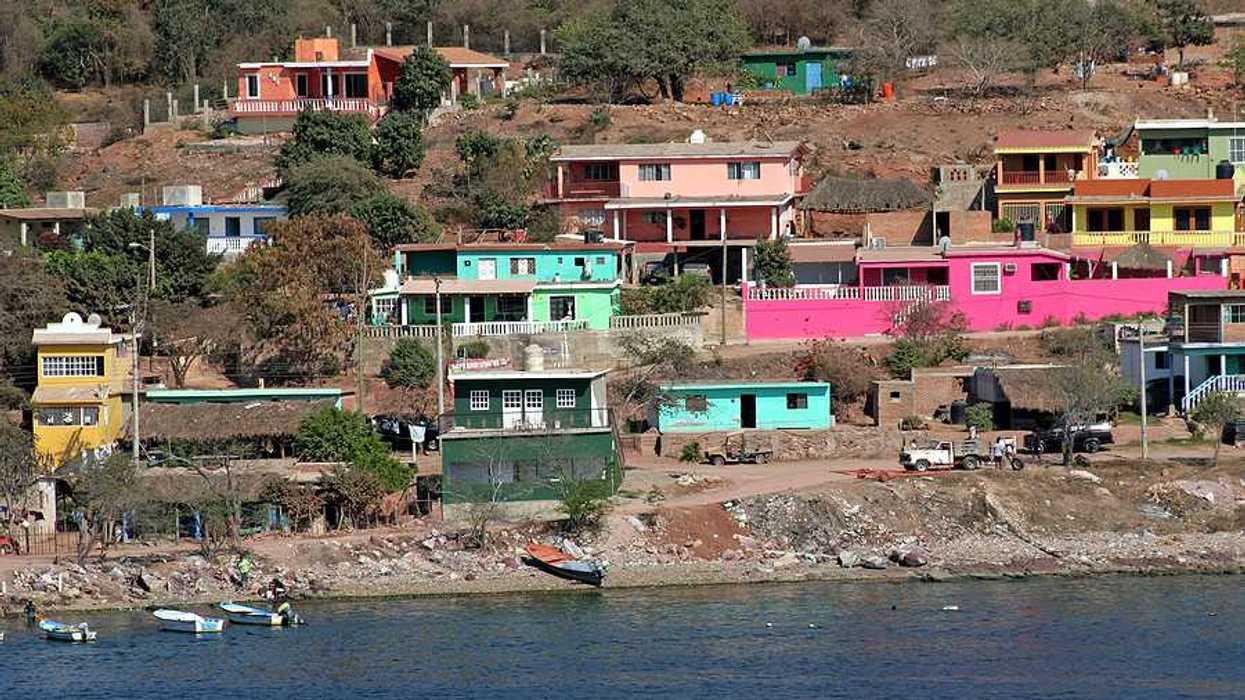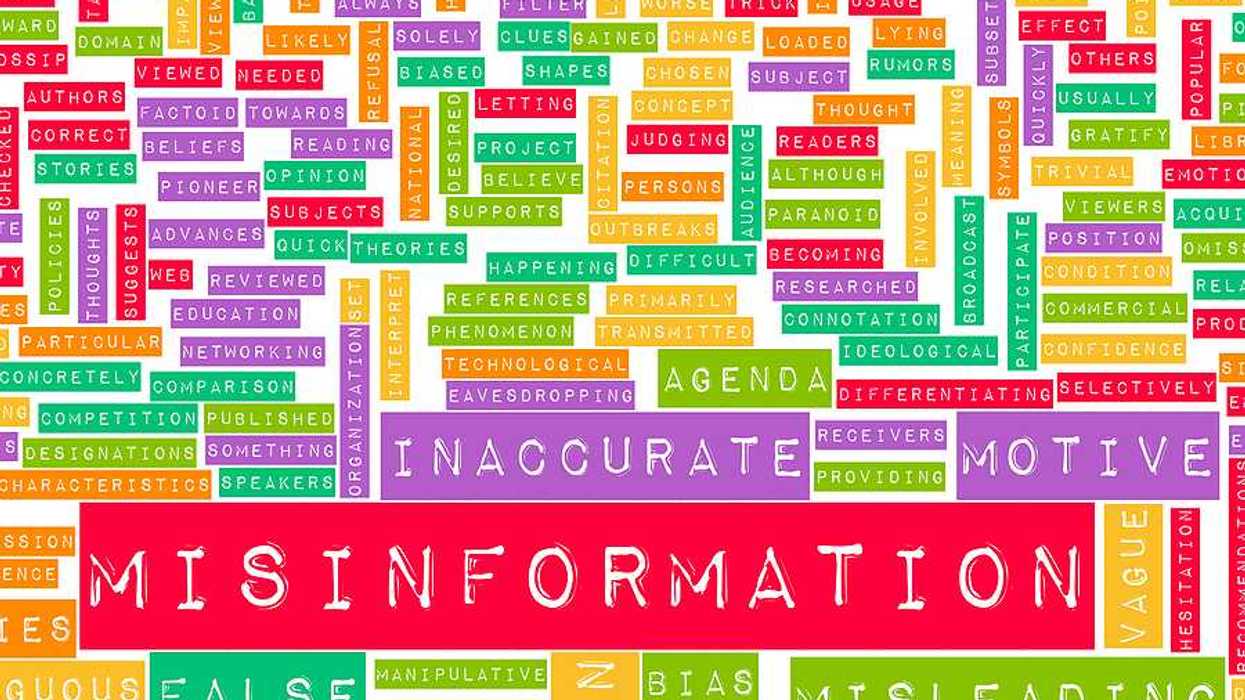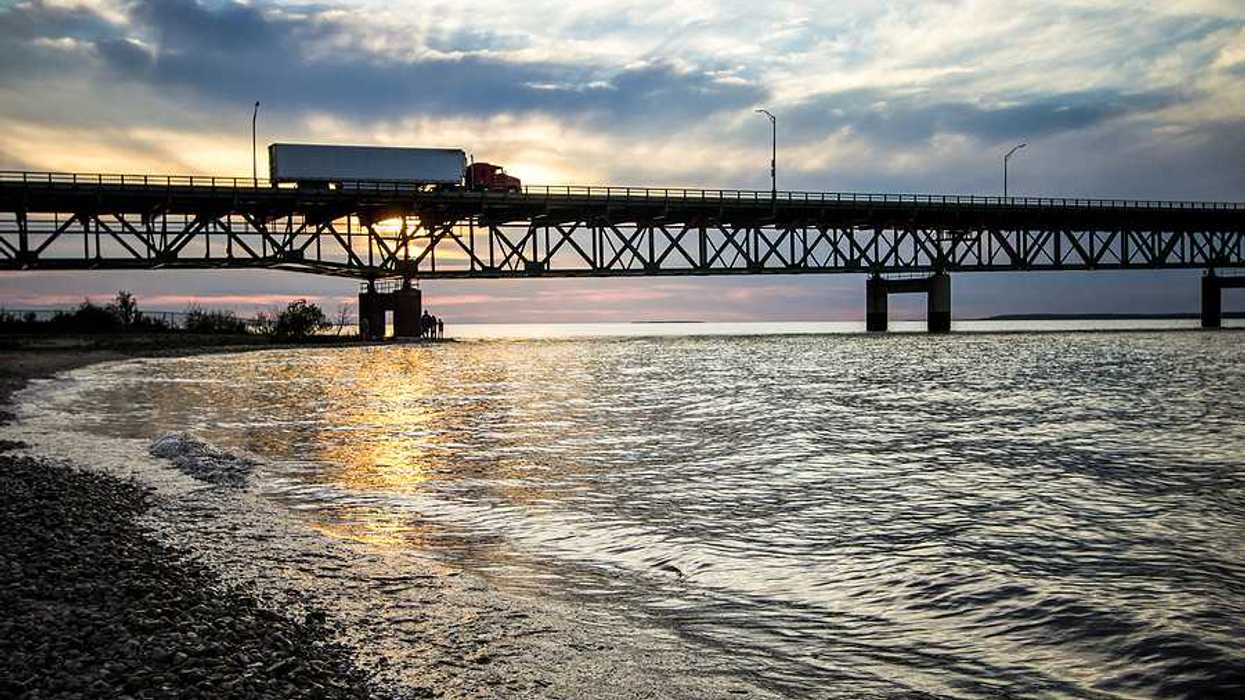A conflict between Baltimore officials and federal regulators has stalled a crucial sewage cleanup program, leaving residents vulnerable to health risks from sewer backups.
Aman Azhar reports for Inside Climate News.
In short:
- Baltimore’s sewer system, strained by aging infrastructure and climate stressors, has led to frequent sewage backups, but the city has stalled on expanding its cleanup assistance program.
- Federal agencies, including the EPA, have ordered Baltimore to cover more sewer backups, but city officials argue the costs are too high.
- Advocates criticize the city for downplaying risks and delaying necessary cleanup, particularly as climate change exacerbates the problem.
Key quote:
“We’ve heard from people who have had sewer backups just within the past couple of months and have been forced to clean them up unsafely because the city is refusing to provide that help, even when it’s city infrastructure that caused it in the first place.”
— Jennifer Kunze, Maryland organizing director of the nonprofit Clean Water Action
Why this matters:
Baltimore residents face increasing health hazards as frequent sewer backups worsen with climate change. The city's failure to act endangers public health and highlights broader issues of infrastructure neglect and environmental justice.
Related: Sewage adds to Detroit's headache














